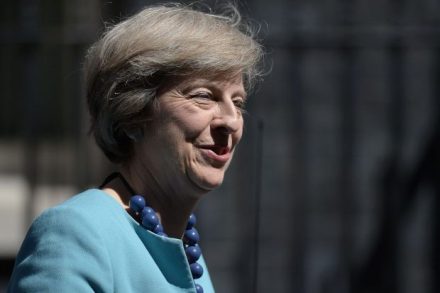Theresa May faces an impossible test over Scotland and Brexit
For some time now, and especially since September 2014, the SNP administration in Edinburgh has been inspired by a single, powerful, notion: govern as though you were enjoying the early days of a newly-independent state. Of course, Scotland is not – or not yet – an independent state and, for the time being at least, still has two governments, one in Edinburgh and another in London. But in attitude and demeanour, the SNP behaves as though independence has already arrived in everything except the formal recognition of that fact. This is a matter of mood and framing, for sure, but it’s also something which has consequences. It’s why Theresa May’s visit




















